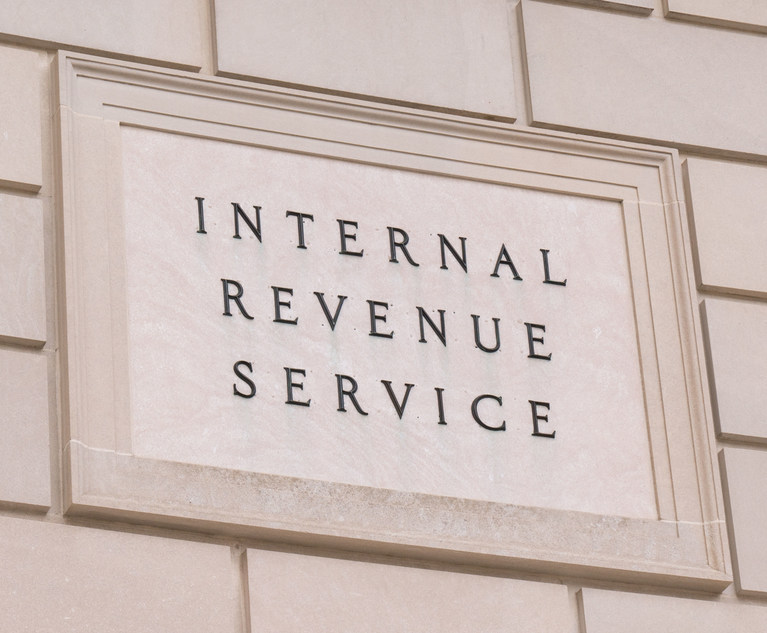At the end of 2023, the Internal Revenue Service dropped a Chief Counsel Advice Memorandum that has caused a stir in the world of estate and gift tax planning. In CCA 202352018, issued on Dec. 29, 2023 (the CCA), the IRS concluded that the beneficiaries of a grantor trust made a taxable gift to the grantor as a result of a trust modification to add a provision in the trust that would permit the trustee to reimburse the grantor for income taxes attributable to the trust. While taxpayers cannot rely on this CCA as official IRS guidance, it nevertheless outlines the IRS’s position on this issue, which could potentially have sweeping implications for the modification, decanting and the administration of irrevocable trusts.
Background
In a given year, the grantor of the trust at issue in the CCA established and funded an irrevocable inter vivos trust for the benefit of the grantor’s child and the child’s descendants. The trust provided that the trustee can make distributions of income and principal to or for the benefit of the child for any reason. Upon the child’s death, the remaining trust property will to be distributed to the child’s descendants, per stirpes. The trust was established as a grantor trust, wherein the grantor is the deemed owner of the trust under Internal Revenue Code Section 671. Accordingly, all income, deductions and credits attributable to the trust are included in the grantor’s taxable income.


 Internal Revenue Service sign at the IRS Building in Washington, DC.
Internal Revenue Service sign at the IRS Building in Washington, DC.




